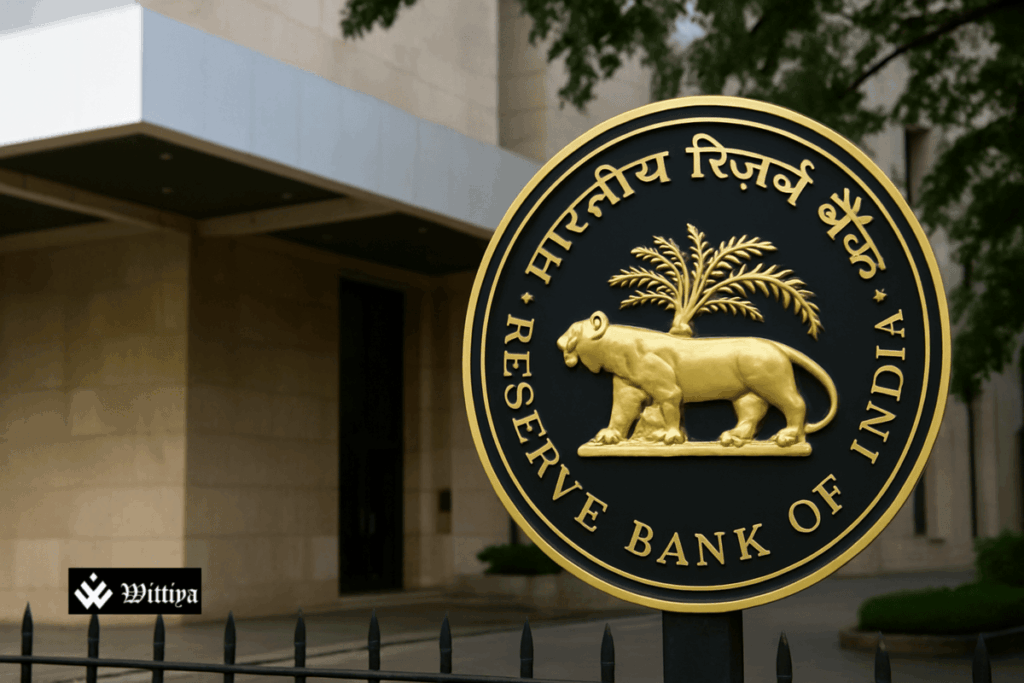The Reserve Bank of India (RBI) has introduced a significant reduction in the penalty for FEMA (Foreign Exchange Management Act) violations, capping it at Rs 2 lakh. This move is aimed at easing the compliance burden for individuals and businesses.
The Reserve Bank of India (RBI) has announced a major easing of the Foreign Exchange Management Act (FEMA) regulations by capping penalties for violations at Rs 2 lakh. This change is expected to significantly reduce the compliance burden on individuals and companies, as it moves away from previous penalty structures based on a percentage of the violation amount.
Under the new framework, violations related to the Liberalised Remittance Scheme (LRS) proceeds, export timelines, and gifting of high-value shares without RBI permission will now be penalised with a maximum fine of Rs 2 lakh. This marks a notable departure from the earlier system where penalties were calculated as a percentage ranging from 0.30% to 0.75% of the violation amount.
The adjustments were made in the master directions on FEMA, which were updated by the RBI on Thursday. According to the RBI’s announcement, the new cap on penalties will apply based on the nature of the contravention, the exceptional circumstances or facts involved, and public interest.
Harshal Bhuta, a partner at P R Bhuta & Co, a chartered accountant firm, commented that this rationalization of penalty amounts would alleviate the financial burden on individuals and corporations that have previously faced disproportionately high fines for high-value violations.
FEMA rules govern the usage of foreign exchange in India, and violations can involve a range of activities such as failure to reinvest LRS proceeds within the stipulated 180 days, delays in exports beyond the one-year period from the advance receipt of payment, or the gifting of high-value shares without prior approval from the RBI.
This regulatory change comes as part of the RBI’s broader efforts to enhance ease of doing business in India and simplify compliance requirements for individuals and businesses engaging in cross-border transactions.



